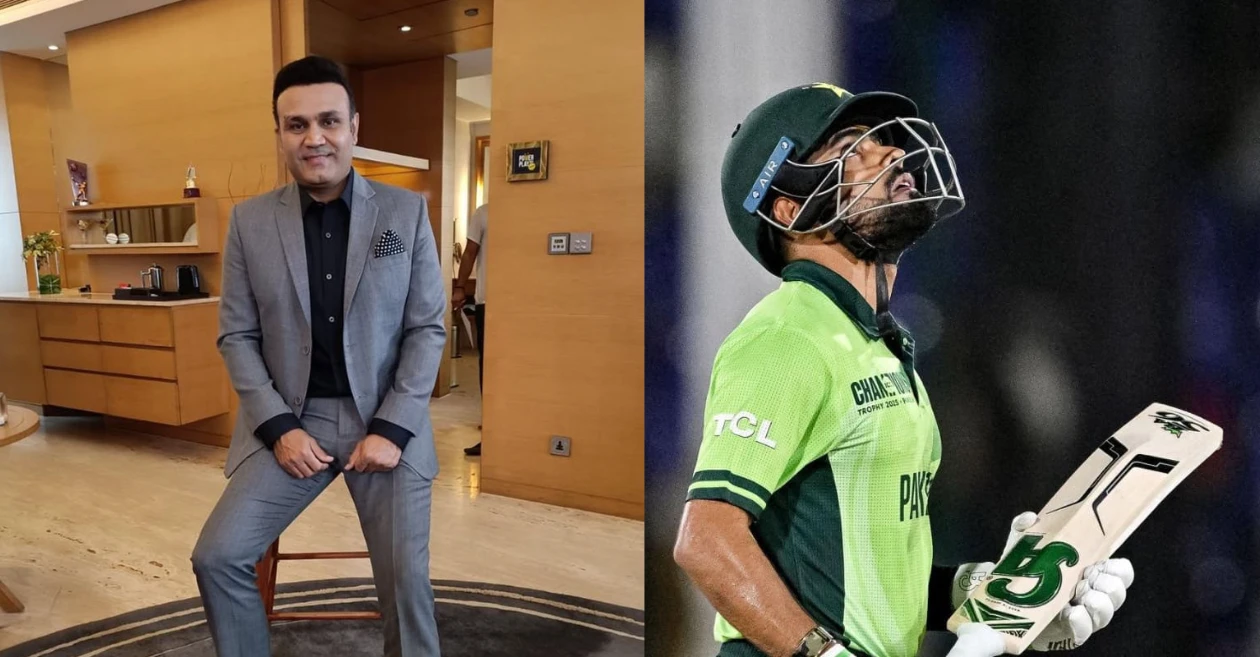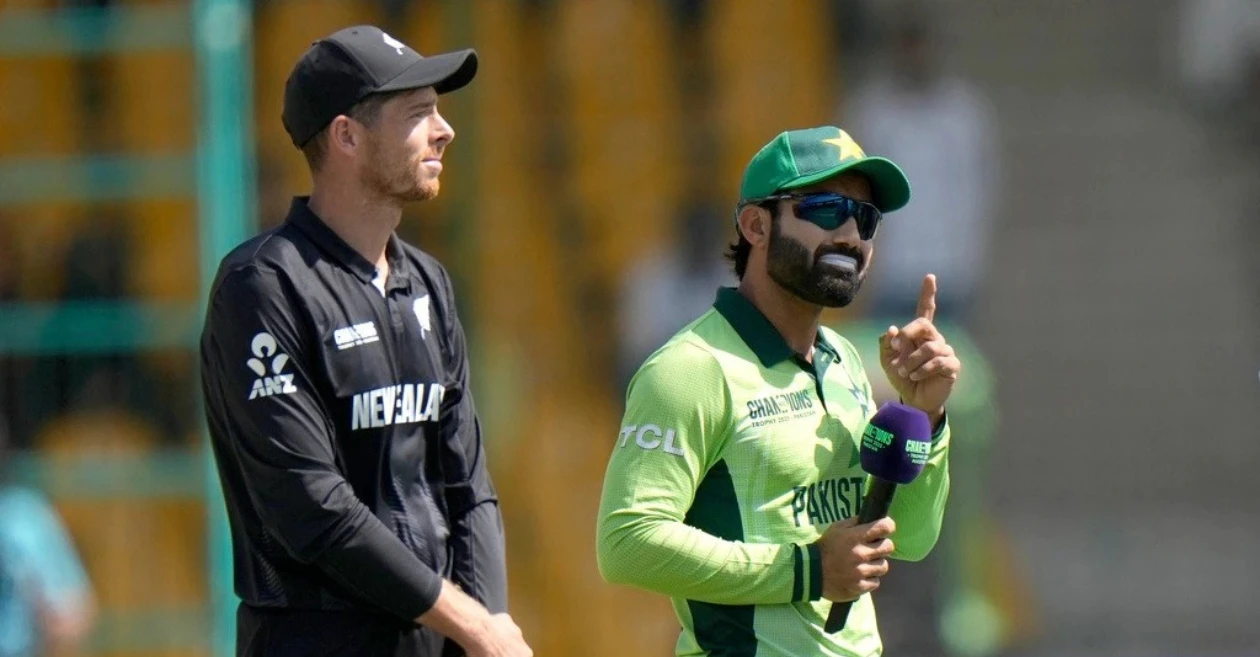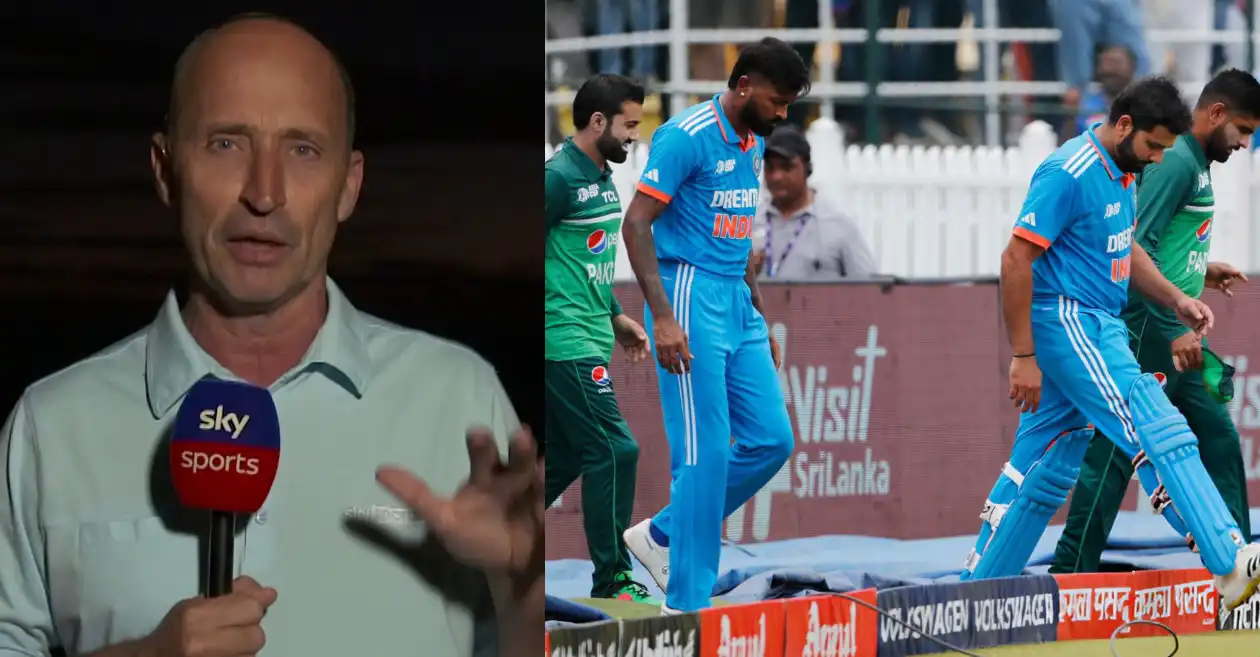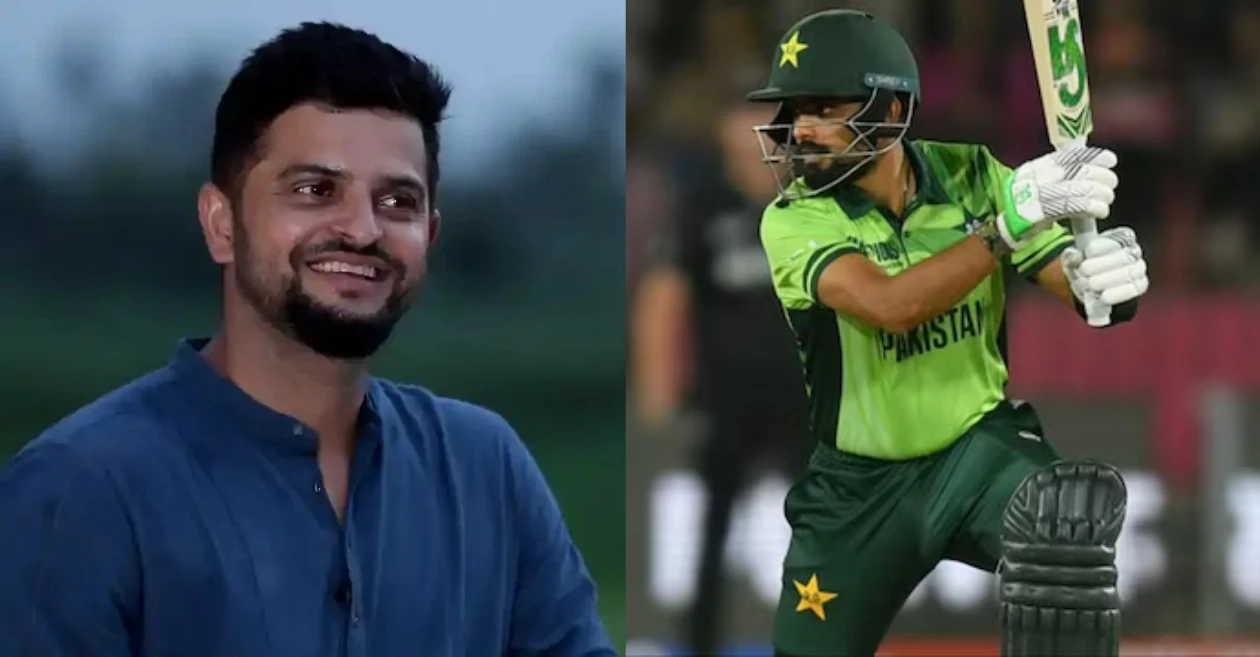As surely as Challenger Tour players stay in cheap hotels while Grand Slammers are chauffeured around, it has become clear that tennis’s anti-doping operates as a two-tier system.
After first Iga Swiatek and then Jannik Sinner (Grand Slam champions and world No 1s, former and current) both agreed highly favourable settlement deals, faith in the sport’s ability to deal fairly with all players is crumbling.
I do not believe it is the case, as many have suggested, that shadowy forces in tennis’s corridors of power are reaching out claws to shield top-ranked players from blame. The advantage Sinner and Swiatek had is not in the number next to their name but the zeros on the end of bank statements.
Sinner certainly got his money’s worth from the team at Onside Law, led by Jamie Singer. First, after two failed tests last March, they were able to explain within a matter of days how the banned steroid clostebol had entered Sinner’s system.
The legal eagles swooped so swiftly that Sinner avoided a provisional suspension, thereby securing anonymity while the case was investigated.
Then they argued their man’s case before the Tennis Integrity Agency, achieving a verdict of no fault and no ban.
Jannik Sinner’s favourable doping ban reflects’ elite tennis’ two-tier anti-doping system

The Italian has been handed a three-month doping ban, but won’t miss any Grad Slams, and won the Australian Open while under investigation

Iga Swiatek was handed a one-month ban last year after it was accepted her medicine for jet lag was contaminated
And when World Anti Doping appealed that decision to the Court of Arbitration for Sport the lawyers dusted off their billable hours forms and returned to the arena, negotiating a settlement whereby Sinner will sit out three of the most uneventful months of the tennis calendar, returning in plenty of time for the next Grand Slam at Roland Garros.
Compare this to Britain’s Tara Moore, who in 2022 was banned after testing positive for nandrolone metabolites and Boldenone.
After 19 months of tortuously complex and torturously expensive wrangling she was cleared; the source was found to be contaminated meat at a local restaurant.
That saga evaporated her life savings and stuck her £200,000 into debt. She was banned from competing throughout that process and set up a crowdfunding page to fund her legal fight and basic living expenses.
Of course, the wealthy have an advantage over the poor in every court in the land, in this country at least. The difference is that even the most impoverished citizen is provided with a lawyer. In tennis it is, as one insider told me, ‘every man or woman for themselves’.
That is an intolerable situation. Doping cases can be sprawling and vastly complicated affairs – to expect a lower-ranked player to mount an adequate defence without any legal recourse is absurd.
What is required is a legal service, available to any player, which can immediately take charge of their defence once they are informed of a failed test.
Mail Sport understands there are tentative discussions between the men’s and women’s tours and the International Tennis Federation over the creation of such a body. But talks are in their infancy and, as always in tennis, the fragmentation of power between so many governing bodies makes meaningful change difficult.

Tara Moore was left in £200,000 of debt, despite being cleared after 19 months of legal wrangling

Players with the bigger bank balances will be able to mount better defences than lesser names

The ITF is in tentative talks with the men’s and women’s tours to create a legal service for stars

Novak Djokovic’s PTPA has helped set up a body which provides pro-bono legal advice
Attempting to step into that void is the nascent Professional Tennis Players’ Association, co-founded in 2019 by Novak Djokovic.
The PTPA (which is attempting to become tennis’s first genuine union across both sexes) announced last month the creation of the Athlete Counsel and Equity Program, co-founded by Moore herself, which provides pro-bono legal advice.
The PTPA has been struggling to achieve true relevance but ACE (see what they did there?) could be their most significant contribution so far if it can achieve its aims.
Players such as Kyrgios, Moore, Denis Shapovalov and Simona Halep contend that the Tennis Integrity Agency operates differently depending on the profile of the player in its crosshairs.
I disagree; I believe the tanks it rolls on to players’ lawns are the same every time. The difference is some are left to face down the threat with a slingshot, while others can deploy a battery of warheads.

























